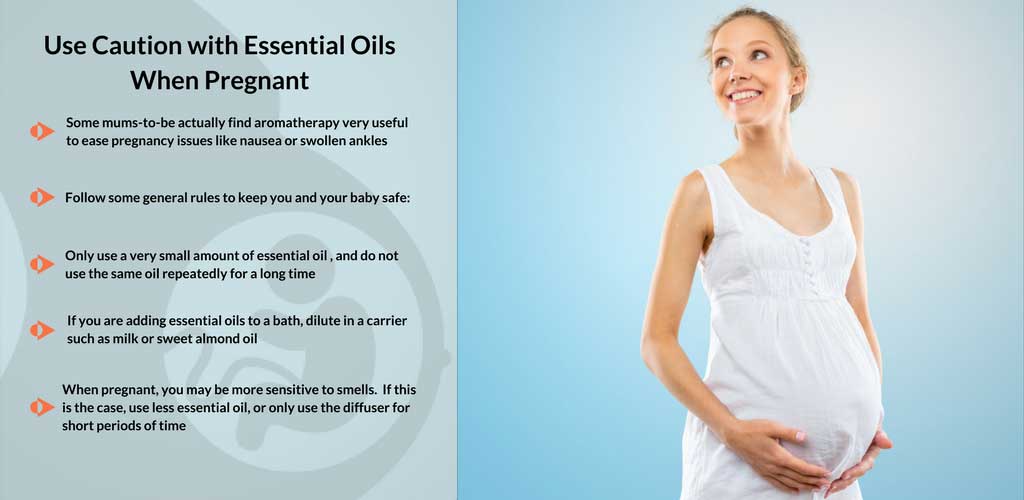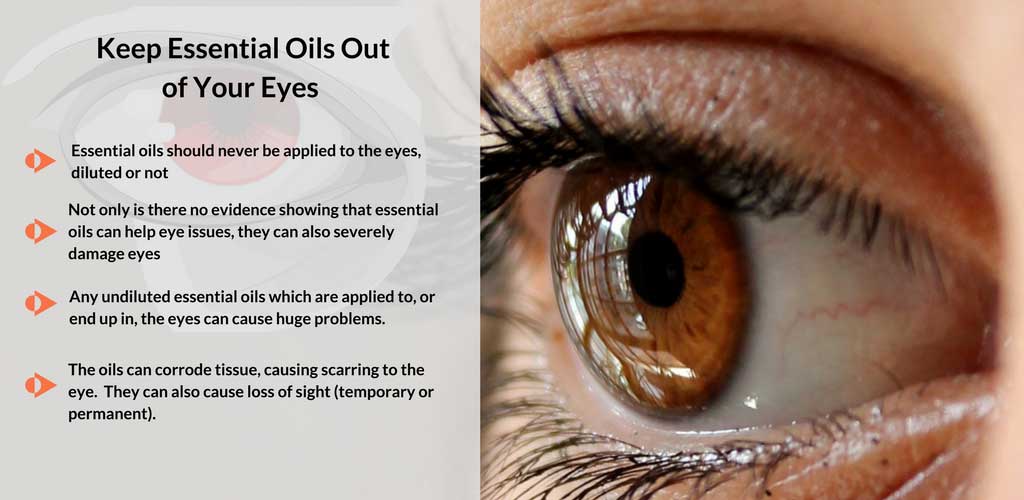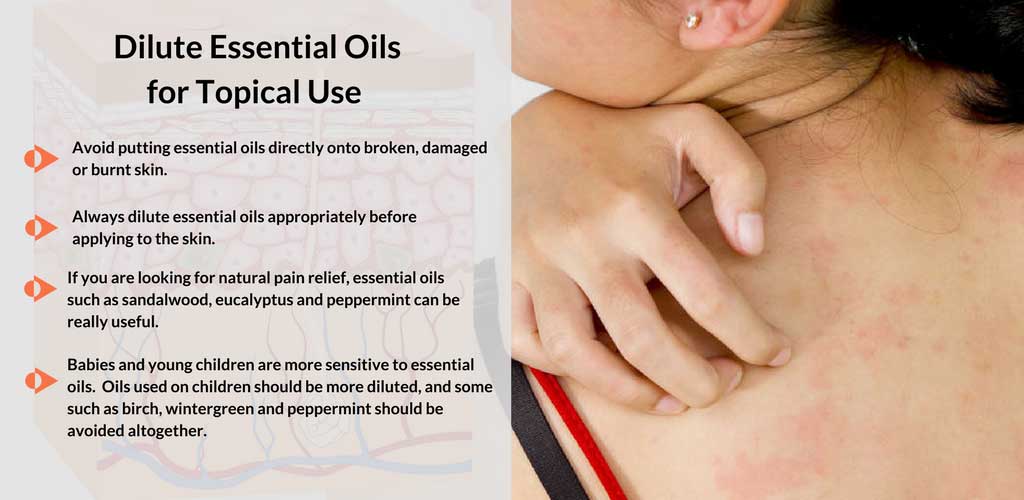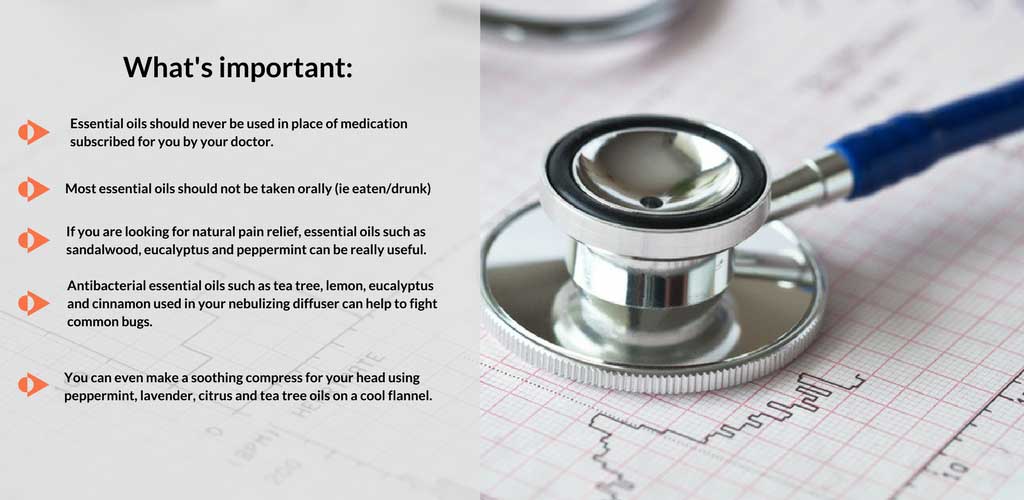Essential Oils Safety

Essential Oils Safety – Why it is Important and How to Stay Safe
Essential oils are amazing, and can enhance your everyday life in so many ways. However, it is really important that you get your essential oils from a reliable source, and that you use them safely. They can be very powerful, so some basic knowledge about essential oil safety means you can use them safely and without any concerns!
General Essential Oil Safety
One of the most important parts of using essential oils safely is buying them from a reputable source. It is vital to know exactly what is used in the oils and that they definitely contain what they say on the bottle. We will talk about sourcing essential oils a bit more in the next section.

We love using our essential oils in our nebulizing oil diffusers, which are extremely safe to use. All of our diffusers use the Bernoulli’s Principle, which does not require heat or water. Using this method means that the essential oil is not diluted by water, so it does not lose any of its power. Moreover, as no heat is used, the chemical structure of the essential oil is not altered. Because the essential oils never come into contact with plastic, they reach you in their natural state. This means they provide you with all of their original therapeutic benefits, with no risks or side effects to worry about!
It is important to note that some essential oils are flammable and are corrosive to plastic! Keep essential oils away from direct contact with open flames, candles, matches, cigarettes and electricity. If you spill any essential oil, be careful to clean it up quickly. If it has spilt on furniture, plastic or other natural materials, it can quite quickly damage or melt through them. Store essential oils in dark colored glass containers rather than plastic ones. In addition, please note that contact with oxygen can quickly spoil or ruin an essential oil.
You should also take precautions to keep essential oils out of reach of children and pets.
If you are simply inhaling an essential oil, for example smelling geranium oil to help with hot flashes, or spraying lavender oil on your pillow to aid sleep, you’re pretty safe. Inhalation of essential oils can only present a risk in very high concentrations (pregnant women, the elderly or very small children are an exception, which we will touch on shortly). In a room with poor ventilation, the concentration of essential oils should be controlled and monitored to avoid over-exposure.
Buying Essential Oils From a Safe, Reputable Source
As mentioned earlier, it is very important to buy your essential oils from a genuine, reputable distributor. It is so tempting to search online and choose the cheapest oils, as we all love a bargain! The problem with this is that if the essential oils have been mixed or diluted, there is a much higher chance of you having safety issues or an adverse reaction to the oils.
It is worth paying a little more for your oils, to know that they are of the highest quality and have been produced properly. We stock a range of pure and blended essential oils, which are high quality and safe to use, but at an affordable price.
If you’ve ever been for a massage and been asked if you are pregnant, it might seem a bit of a strange question! Aside from avoiding lying on your stomach, the other reason is that essential oils should generally be avoided by pregnant women. Although the safety of aromatherapy in pregnancy is not yet fully understood, guidelines generally urge us to be cautious.

The main issue is the risk of essential oils being absorbed into the placenta. That does not necessarily mean that any harm will be caused, but of course it is safer not to take the risk, especially in the early months of pregnancy, until the issue is more fully understood.
If you do come into skin contact with essential oils during pregnancy, by having a massage or using a bath product containing them for example, don’t panic! It is extremely unlikely to cause any harm. Experts such as Ron Guba, Kurt Schnaubelt, and Chrissie Wildwood have all pointed out that there have been ‘no recorded cases of miscarriage or birth defect resulting from aromatherapy massage using therapeutic applications of any essential oil’.*
Some mothers-to-be actually find aromatherapy very useful to ease pregnancy issues like nausea or swollen ankles. If this is the case for you, you can follow some general rules to keep you and your baby safe. Only use a very small amount of essential oil (one drop is actually plenty), and do not use the same oil repeatedly for a long time, eg every day for weeks. If you are adding essential oils to a bath, dilute in a dispersant such as milk or sweet almond oil (or vodka, once you’ve had the baby – yes, really!)
If you are using a Nebulizing Diffuser, do not mix essential oils with a carrier or massage oil. This can clog the diffuser and stop it from working. Oils to avoid are any thick, resinous oils such as sandalwood, benzoin, myrrh, patchouli and any massage oils. When pregnant, you may be more sensitive to smells. If this is the case, use less essential oil, or only use the diffuser for 10-15 minutes per hour to give yourself a break.
Essential Oils and Eye Safety
We had to discuss eye safety in this post, as there is so much misinformation flying around the internet! There are many tales of people successfully using essential oils to treat eye problems. From using clary sage oil to ‘cleanse’ the eyes and clear vision; to using cypress oil to ‘improve eye circulation and improve macular degeneration’.

A worrying amount of people seem to be attempting to treat eye problems at home, using what they see as a ‘natural treatment’. We cannot state how strongly this should not be done! Not only is there no evidence showing that essential oils can help eye issues, they can also severely damage eyes. Any undiluted essential oils which are applied to, or end up in, the eyes can cause huge problems. The oils can corrode tissue, causing scarring to the eye. They can also cause loss of sight (temporary or permanent). Even if you are lucky enough to avoid damaging your eyes, you will certainly experience a lot of pain if you get essential oils anywhere near your eyes!
In short, essential oils should never be applied to the eyes, diluted or not. If you have any problems with your eyes or eyesight, however minor, please do see your optometrist as soon as possible. Eyesight is very precious!
Essential Oils and Dermal (Skin) Safety
If used properly, aromatherapy or essential oils are usually safe to use on the skin. If used incorrectly, they can cause skin irritation, sensitivity to the sun and even allergic reactions.

Some simple guidelines can keep you safe:
Using Essential Oils for Medical Issues
Essential oils are extremely concentrated. To put this into perspective, one drop of peppermint essential oil is equivalent to 26-28 cups of peppermint tea!** So it is not surprising that they can be very effective, but also unsurprising that they should be handled cautiously!

Most essential oils should not be taken orally (ie eaten/drunk). Although some oils can be consumed, they should be done so sparingly. Caution should always be used, and you should treat them like you would mainstream medication. Essential oils should never be used in place of medication subscribed for you by your doctor.
If you are looking for natural pain relief, essential oils such as sandalwood, eucalyptus and peppermint can be really useful. You can use them in a diffuser to gently melt your pain away!
Antibacterial essential oils such as tea tree, lemon, eucalyptus and cinnamon used in your Nebulizing Diffuser can help to fight common bugs. Our Burglars Blend Essential Oil is especially useful to stimulate the bodies’ natural ability to defend against flu, sickness and headaches, and to fight respiratory and skin infections. It has also been shown to be useful as a method of warding off airborne germs.
You can even make a soothing compress for your head using peppermint, lavender, citrus and tea tree oils on a cool flannel or washrag.
Now that you know some simple guidelines for using essential oils safely, you can go ahead and use them without risk. You could print or bookmark this post to refer back to, if you are ever unsure in the future.
References: *Tisserand, R., and Balacs, T. (1995). Essential Oil Safety. New York: Churchill Livingstone. **Wellnessmama.com
